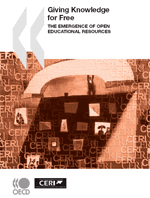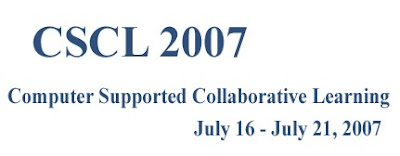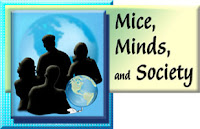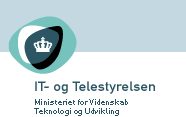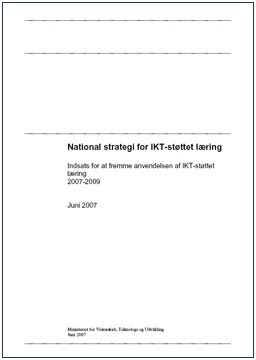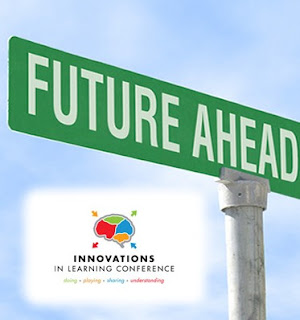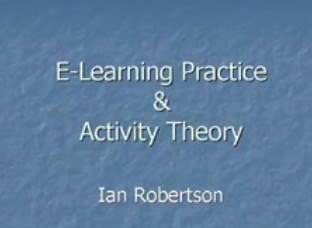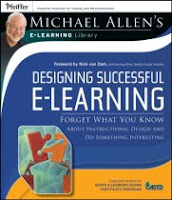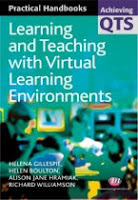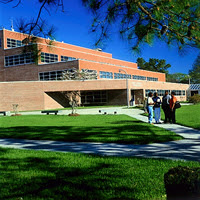
Does the Web make students smarter, or smarty-pants? by SIRI AGRELL
From Friday's Globe and Mail
As Leslie Chan delivered a lecture about the history of the United Nations to his students at the University of Toronto earlier this year, some pupils took notes on laptops, others dozed and one was busy reading the UN website to verify the dates and figures being presented by his teacher. "After a couple of minutes, he pointed out to me that one of the things I said was outdated," Mr. Chan said. "It was a good example of fact checking, and I welcomed it. But he was so caught up with proving me wrong that he missed the point of the lecture."
Like Mr. Chan, more teachers are having to prepare themselves for confrontations with students who can find a second opinion or contradictory fact at the click of a mouse.
This generation of high-school and university students have been weaned on Google, Wikipedia and a sort of Web 2.0 approach to learning, where information is easily accessible, interactive and up for debate.
International Online Learning
Children and their teachers are already benefiting from online learning communities such as the Oracle Education Foundation's Think.com, but there is a real opportunity for richer learning with such systems that is yet to be tapped.
Elizabeth Hartnell-Young of the Learning Sciences Research Institute at the University of Nottingham and freelance statistician Karen Corneille of Victoria, Australia, writing in the International Journal of Web Based Communities, describe how they have taken Think.com as a case study and investigated how a free, password-protected online community can support children's learning.
"We found that many children engaged readily with the site," says Hartnell-Young. Even those children with less developed ICT skills benefited from interacting with others. She adds that, "educators played a powerful role in mediating learning, managing the communities, setting guidelines for participation, and linking students with outside experts." Such online communities are not yet mature enough to provide a fully rich learning experience, however, the researchers add.

OpenLearn: Mathematics and Statistics
The Open University had long been dedicated to the proposition of providing high-quality educational materials for persons all over Britain and the world. They were one of the first universities to place such materials online, and their OpenLearn website has received high marks from many quarters. This particular section of materials on their site is devoted to providing instructional units in both math and science. Currently, the site contains about 30 different units, and visitors can stroll through these units and take in their materials at their leisure. The units include such titles as “Modeling pollution in the Great Lakes”, “Exploring data: graphs and numerical summaries”, and “Using vectors to model”.
Gizmo: Developmental Math
Students may not always learn in the same way, so teachers can help them by drawing on a diverse set of educational materials and techniques. Math teachers will appreciate learning about this set of developmental math “gizmos” offered on this site. Visitors can select interactive features that cover fractions, linear equations, roots, and geometry. Clicking on each topic will bring up a list of additional “gizmos”, and visitors can look over each one to see which is most appropriate for their students. Each small interactive feature is easy to use, and with the help of the explanatory text, they are all accessible for both teachers and students alike.

 At a leading institution in Canada, Dalhousie University in Halifax, Nova Scotia, students can attend interactive classes online that are complete with slides, voice, white board capabilities, polling, chatting, application sharing, and, soon, live video as well.
At a leading institution in Canada, Dalhousie University in Halifax, Nova Scotia, students can attend interactive classes online that are complete with slides, voice, white board capabilities, polling, chatting, application sharing, and, soon, live video as well. Connexions was created in 1999 by Rice University Electrical and Computer Engineering Professor Richard Baraniuk, who said he always imagined the program eventually reaching across universities, cultures, and languages around the world.
Connexions was created in 1999 by Rice University Electrical and Computer Engineering Professor Richard Baraniuk, who said he always imagined the program eventually reaching across universities, cultures, and languages around the world. 









